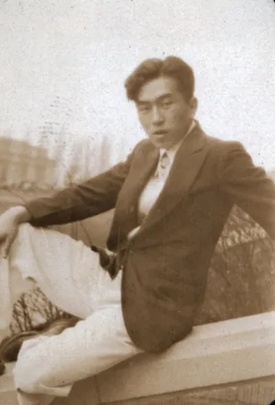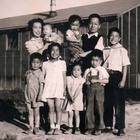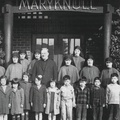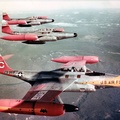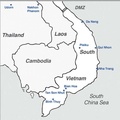The phrase “parental responsibilities,” as stated, is quite obvious and doesn’t need much of an explanation. It simply states that Mom and Dad are responsible for the well-being of their children, right?
Yup. Agreed. So why the discussion? Well, when I was in my pre-driving teens, I learned about another aspect of that statement that a lot of young people don’t realize. Let me explain what I learned.
When we lived in Chinatown in the late 1940s, I used to run errands for my Mom in the area. One was to run over to Main Drugs, over on 6th and Main, for prescription items. It was operated and owned by pharmacist Bain (“Ben”) Chiba and located right next door to Sagamiya (a Japanese confectionery).
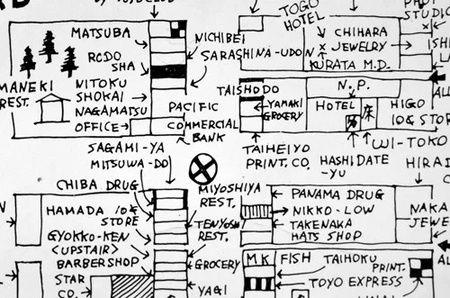
In fact, I spent a lot of time in the 6th and Main Street area because several of my classmates and friends lived there. Noboru (“Nobe”) Hara lived above Sagamiya, Tom Yamaguchi lived down the street and around the corner on 5th Avenue, and Don (Yukio) Yoshida’s dad had Yoshida Grocery, below Pacific Hotel. Another friend, Carl Furuta, the son of the owner of the Nitta Grocery store on King Street, was around as well.
Since Nobe worked part-time at Main Drugs, we’d stop by to munch on tidbits sold there. One of our favorite topics was fishing. We all liked to fish, but being non-drivers, we did so down at the waterfront docks, or when possible, in the nearby calm Green River. Ben Chiba was a fishing enthusiast as well.
One day, during a fishing discussion, the talk turned to fishing for nice-sized trout in the Snoqualmie River on the east side of Lake Washington. Ben asked us if we wanted to go fishing over there. You can imagine the excitement that raised among the three of us, Nobe, Carl, and me. Arrangements were made to go the following Sunday.
When Sunday came, we headed out to the Snoqualmie River and went to one of Ben’s favorite spots. We got there early in the morning and started fishing at the ideal-looking place. We spread out; Ben and Nobe went upstream while Carl and I went downstream. I caught one six incher, and Carl, two. Then we noticed that there was a huge rock in the middle of the river. We thought if we could situate ourselves on the downstream side of that rock, we might get some bigger ones. With our hip boots on, we waded out in knee-high water, placed ourselves below the big rock and continued to fish. We each caught a slightly larger fish there.
Shortly thereafter, the water started to creep up above our knees and became much swifter; we decided that we’d better get back to the shore. However, as we attempted to wade back, the water became much too swift and deep! What now?
About that time, Ben and Nobe wandered down and found us stranded in the middle of the river. That sent Ben into a mild panic trying to figure out what could be done to get Carl and me safely back to shore. We were instructed to rid ourselves of our fishing gear and anything that might drag us into the river. Fishing poles, creels, jackets, etc., were thrown toward shore. However, all fell short and floated downriver. All attempts to reach the bank failed.
In the meantime, Nobe went to a nearby home and asked if he could borrow a rowboat that was parked on the side of the house. When the owner heard that two of us were trapped in the middle of the river, he mentioned that the water behind a dam was always released every morning, raising the water level and making the current much faster. In the meantime, he and Nobe took the rowboat to the river and launched it downstream of us. Then the owner started rowing straight upstream towards us, within the calm of the large rock. When he came adjacent to us, he had us grab the sides of the rowboat without attempting to get in. Carl and I floated downstream alongside the boat.
What a relief! Carl and I made it to shore with hip boots full of water, but safely. We were relieved to be back on land and out of the cold river water.
Several weeks later, we were talking about going river fishing again and looking at Ben imploringly. He had an indignant smirk on his face and very bluntly explained to us his new outlook about assuming “parental responsibility” for taking young guys out on possible dangerous outings like river fishing. He felt lucky that we had gotten home safely! His conclusion was that ”parental responsibility” doesn’t necessarily apply to parents only.
*This article was originally published in the North American Post on November 28, 2022.
© 2022 Shokichi Shox Tokita / North American Post


